KUALA LUMPUR: Global steel prices have increased rapidly in annual terms as steel producers press for price increases to cover growing input cost, according to MEPS (International) Ltd.
This is despite weak demand from end user sectors, prompting steel product distributors to be cautious about rebuilding inventories.
"Producers are justifying the increases on the grounds of their rocketing raw material costs. However, the hikes are not supported by any substantial improvement in end-user consumption and there are fears that the higher prices could damage the small recovery that has begun," MEPS said in its steel industry update on Thursday, April
29, on its website.
MEPS is an independent supplier of steel market information and regularly monitors steel markets to provide an insight into consumption and production trends worldwide.
Steel prices have risen against the landscape of costlier iron ore, the feedstock for steel production.
Iron ore rates have climbed following the move by the world's top-three iron ore producers -- Vale, Rio Tinto and BHP Billiton -- to migrate to a quarterly-pricing structure for their products instead of the fixed-rate yearly contract system earlier.
According to MEPS' estimates, composite stainless steel rates have risen by an annual pace of almost 50% to US$3,146 (RM10,016) a tonne in March this year from US$2,098 previously.
Meanwhile, carbon steel prices had surged by 19% to US$693 a tonne from US$582 during the same period.
In Asia, MEPs said steelmakers in China are initiating upward price movements to pass down higher raw material expenses to downstream consumers.
In Japan, companies like Tokyo Steel plans to implement further price hikes in anticipation of higher seasonal demand for steel.
Across the globe, US steel mills have claimed that their order books for May were full against the backdrop of longer delivery lead times, resulting in buyers complaining of late shipments.
TOP PICKS BY EDGEPROP
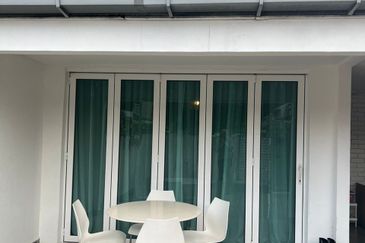
Taman Tun Dr Ismail (TTDI)
Taman Tun Dr Ismail, Kuala Lumpur
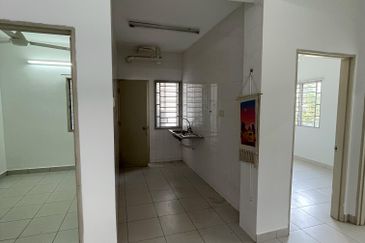
Pangsapuri Akasia, Bandar Botanic
Bandar Botanic/Bandar Bukit Tinggi, Selangor
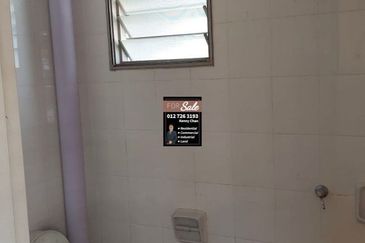
Pangsapuri Akasia, Bandar Botanic
Bandar Botanic/Bandar Bukit Tinggi, Selangor
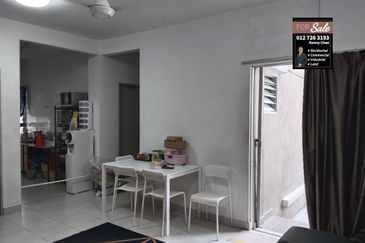
Pangsapuri Akasia, Bandar Botanic
Bandar Botanic/Bandar Bukit Tinggi, Selangor
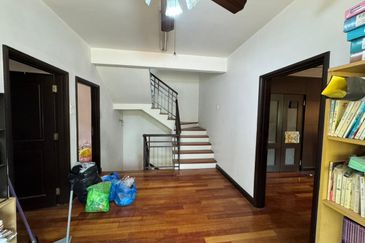
Bandar Bukit Tinggi
Bandar Botanic/Bandar Bukit Tinggi, Selangor
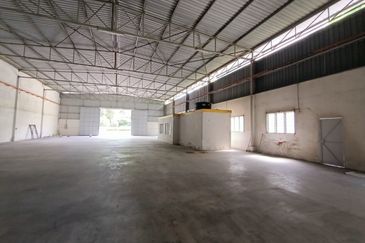
Kawasan Industri Desa Aman
Sungai Buloh, Selangor
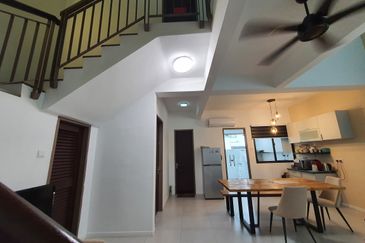
Sutera Heights, Taman Juara Jaya
Cheras, Selangor
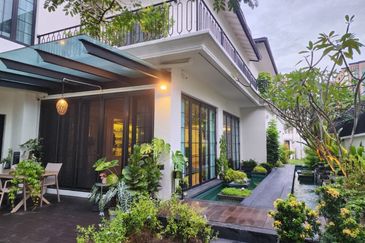
Damansara Heights (Bukit Damansara)
Damansara Heights, Kuala Lumpur




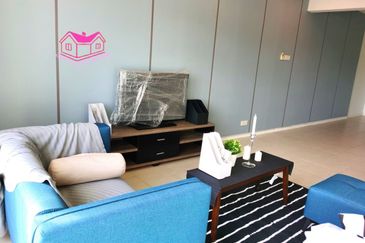

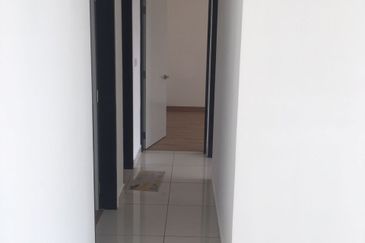




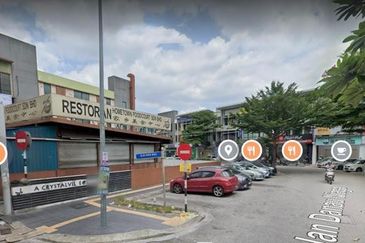
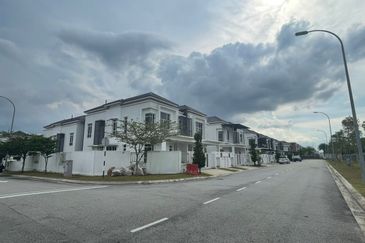
hero.jpg?GPem8xdIFjEDnmfAHjnS.4wbzvW8BrWw)



